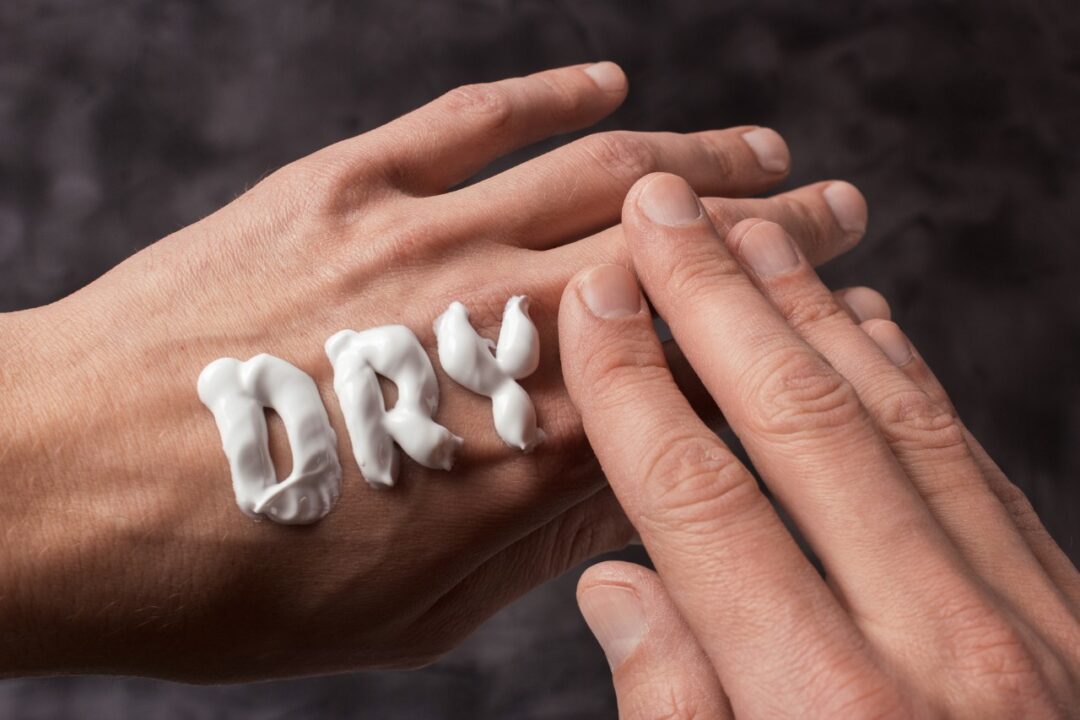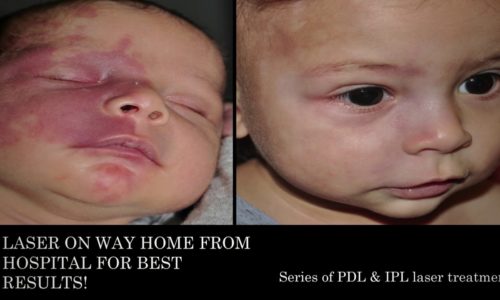Is dry skin serious? |

Most people will have dry skin from time to time. Some people do have more serious dry skin conditions, but for most of us, dry skin is caused by environmental factors that can be addressed or controlled. You can do a lot to improve the condition of your skin, without seeing your doctor.
What are the symptoms of dry skin?
Symptoms can vary depending on your age, where you live, your overall health, as well as many other factors. Here are some of the most common symptoms of dry skin:
- Tightness of the skin
- Skin that feels or looks rough
- Itching
- Flaking, scaling, or peeling of the skin
- Cracking of the skin, which can sometimes be severe enough to bleed
- Redness
- Gray or ashy appearance
What can cause dry skin?
- Low atmospheric humidity – If you live in a desert region, the air is dry all year round. In other areas, the humidity levels plummet during the winter.
- Heat – Central heating, wood-burning stoves or fireplaces, and space heaters can all reduce the humidity in your home.
- Hot showers – Taking long, hot showers can wash all of the protective oils off your skin.
- Harsh soaps or detergents – Many soaps and shampoos can strip the oils from your skin.
- Exposure to chemicals – Cleaning products contain drying chemicals. Chlorine in pools also causes drying of the skin.
- Medical skin conditions – Patients with eczema or psoriasis are prone to dry skin.
How can you prevent or treat dry skin?
- Humidify the air – If your local humidity is very dry, whether seasonally or year-round, consider a humidifier for your home.
- Moisturize – Use a thick moisturizing cream every day, especially just after your bath or shower to keep moisture from escaping through your skin. If you have to wash your hands frequently, consider using a small amount of moisturizer after each washing.
- Limit water exposure – Keep baths or showers to 10 minutes or less, and try warm water instead of hot. Wear rubber gloves if you have to expose your hands to water frequently.
- Avoid soaps or shampoos that are drying – Try soaps with added moisturizers; try a moisturizing shampoo; use a moisturizing conditioner after you shampoo; avoid antibacterial soaps.
- Avoid hand sanitizers and other alcohol-based products on your skin as much as possible.
- Avoid folding clothes that have just come out of the dryer.
If your dry skin does not improve despite all of these measures, you might have a more serious medical skin condition, such as eczema. If you have open sores, large areas of redness, peeling or scaling skin, or itching that interferes with your sleep, you should see your doctor to have it evaluated.
If you have any more questions just Ask Hanna, our health advisors are here to help.
Dr. Anita Bennett MD – Health Tip Content Editor
Image: ©Shutterstock / ADragan








